617-821-1757
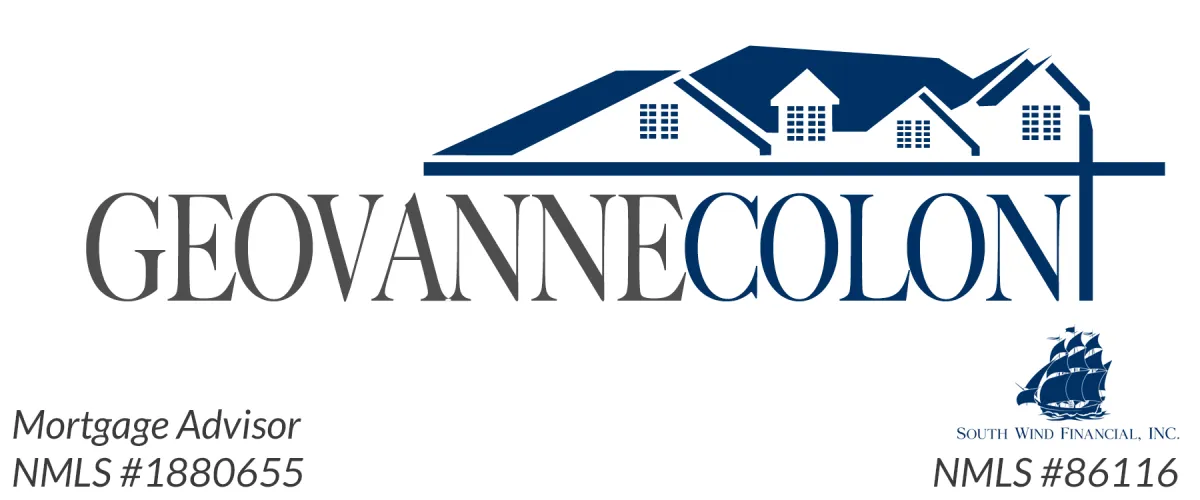
Looking For FHA Loans?
Apply today for the mortgage
that’s right for you.
Unlock Low Rates with Ease
Discover how Geovanne Colon simplifies the mortgage qualification process for you.
Apply today for the mortgage
that’s right for you.
Unlock Low Rates with Ease
Discover how Geovanne Colon simplifies the mortgage qualification process for you.
Low Rate.
Zero Hassles.
Get a free quote
Low Rate.
Zero Hassles.
Get a free quote
Feel Overwhelmed by Mortgage Choices? I Understand.

Feeling Lost in a Sea of Mortgage Options? Finding the right mortgage can be a daunting task. With an overwhelming array of rates, terms, and lenders, it's easy to feel lost and uncertain. Are you worried about high interest rates, hidden fees, or choosing a mortgage that doesn't fit your long-term goals?
Why Choose Us?
Ready to Start?
Your perfect home won't wait forever, and neither should you. Begin your journey today with a loan officer that puts you first. By choosing us, you're not just getting a loan – you're gaining a lifelong partner in all your mortgage endeavors.
Start your no-obligation consultation now and join the myriad of satisfied homeowners who have unlocked the doors to their future with ease and confidence. Dive into our world of simplified lending, and let's turn your homeownership dreams into reality.
Welcome Home!
Loan Programs We Help With
Seamless Solutions, Limitless Possibilities
Residential Mortgage Programs
1. FHA Loans
Federal Housing Administration (FHA) Loans
• Suitable for first-time homebuyers
• Low down payment options (as low as 3.5%)
• Requires mortgage insurance
• Lenient credit scores accepted
• 203K Renovation Loans Available
2. Conventional Loans
Conventional Mortgage Loans
• Preferred by borrowers with stronger credit
• Down payments as low as 3%
• Available in fixed or adjustable rates
• No government insurance premiums
• HomeStyle Renovation Loan Available
3. USDA Loans
US Department of Agriculture (USDA) Loans
• Ideal for eligible rural and suburban homebuyers
• Zero down payment
• Low insurance costs
• Income and geographic restrictions apply
4. VA Loans
Veterans Affairs (VA) Mortgage Loans
• Exclusively for veterans, active-duty service members, and eligible spouses
• No down payment required
• No mortgage insurance needed
• Competitive interest rates
A. ITIN - No Social Security Loans
• For borrowers with an Individual Tax Identification Number
• Lacks Social Security number
B. 1099 Loans
• Designed for independent contractors or self-employed individuals
• Based on the 1099 tax form income
C. VOE Only
• Verification of employment as the primary source of income validation
D. Asset Depletion
• Utilizes borrower's liquid assets for qualification purposes
E. Bank Statement Loans
• Income based on bank statements, suitable for self-employed borrowers
F. DSCR - Investor No Income Verification
• For real estate investors, using property cash flow as a qualification metric
Non-Qualified Mortgage (Non-QM) Loans
Loan Programs We Help With
Seamless Solutions, Limitless Possibilities
Residential Mortgage Programs
1. FHA Loans
Federal Housing Administration (FHA) Loans
• Suitable for first-time homebuyers
• Low down payment options (as low as 3.5%)
• Requires mortgage insurance
• Lenient credit scores accepted
2. Conventional Loans
Conventional Mortgage Loans
• Preferred by borrowers with stronger credit
• Down payments as low as 3%
• Available in fixed or adjustable rates
• No government insurance premiums
3. USDA Loans
US Department of Agriculture (USDA) Loans
• Ideal for eligible rural and suburban homebuyers
• Zero down payment
• Low insurance costs
• Income and geographic restrictions apply
4. VA Loans
Veterans Affairs (VA) Loans
• Exclusively for veterans, active-duty service members, and eligible spouses
• No down payment required
• No mortgage insurance needed
• Competitive interest rates
Non-Qualified Mortgage (Non-QM) Loans
A. ITIN - No Social Security Loans
• For borrowers with an Individual Tax Identification Number
• Lacks Social Security number
B. 1099 Loans
• Designed for independent contractors or self-employed individuals
• Based on the 1099 tax form income
C. VOE Only
• Verification of employment as the primary source of income validation
D. Asset Depletion
• Utilizes borrower's liquid assets for qualification purposes
E. Bank Statement Loans
• Income based on bank statements, suitable for self-employed borrowers
F. DSCR - Investor No Income Verification
• For real estate investors, using property cash flow as a qualification metric
More Loan Programs
Foreign National Loans
• Tailored for non-U.S. citizens looking to buy investment or vacation properties in the U.S.
• May require larger down payments and proof of foreign income.
Jumbo Loans
• Exceed the loan limits set by the FHFA for conventional mortgages.
• Requires non-traditional underwriting to accommodate the larger loan amount.
Real Estate Investor Loans
• Customized loans for experienced real estate investors.
• Can include options for multiple properties under a single loan (blanket loans).
Non-Warrantable Condo Loans
• For condos that do not meet specific requirements by Fannie Mae or Freddie Mac.
• Necessary for financing condos in buildings with more owner-occupied spaces or litigation issues.
Credit Event Loans
• Available to borrowers with significant derogatory credit events, such as bankruptcy or foreclosure.
• Typically requires a higher down payment or additional reserves.
Hard Money/Private Lending
•For immediate or short-term financing needs
• Higher-cost, short-term loans
• Asset-based lending criteria
• Terms typically around 12 months
Fix and Flips
• Loans crafted for renovating and flipping properties
Commercial Loans
•Tailored for businesses to purchase or refinance commercial property
• Offering solutions for office buildings, retail spaces, and industrial properties
• Custom terms to align with business strategies
New Construction
• Financing for ground-up construction projects
Small Business Administration (SBA) Loans
• Federally backed to help start or grow a business
• Lower down payments
• Longer repayment terms
• Focused on small businesses
Bridge Loans
• Short-term loans to bridge the gap during transitional periods
Down Payment Assistance Programs
• Provides prospective homebuyers with loans or grants that they can use toward the down payment for a house.
• Most down payment assistance programs are designed for first-time homebuyers and offered by various institutions, such as government, non-profits, or lenders.
More Loan Programs
Foreign National Loans
• Tailored for non-U.S. citizens looking to buy investment or vacation properties in the U.S.
• May require larger down payments and proof of foreign income.
Jumbo Loans
• Exceed the loan limits set by the FHFA for conventional mortgages.
• Requires non-traditional underwriting to accommodate the larger loan amount.
Real Estate Investor Loans
• Customized loans for experienced real estate investors.
• Can include options for multiple properties under a single loan (blanket loans).
Non-Warrantable Condo Loans
• For condos that do not meet specific requirements by Fannie Mae or Freddie Mac.
• Necessary for financing condos in buildings with more owner-occupied spaces or litigation issues.
Credit Event Loans
• Available to borrowers with significant derogatory credit events, such as bankruptcy or foreclosure.
• Typically requires a higher down payment or additional reserves.
Hard Money/Private Lending
•For immediate or short-term financing needs
• Higher-cost, short-term loans
• Asset-based lending criteria
• Terms typically around 12 months
Fix and Flips
• Loans crafted for renovating and flipping properties
Commercial Loans
•Tailored for businesses to purchase or refinance commercial property
• Offering solutions for office buildings, retail spaces, and industrial properties
• Custom terms to align with business strategies
New Construction
• Financing for ground-up construction projects
Small Business Administration (SBA) Loans
• Federally backed to help start or grow a business
• Lower down payments
• Longer repayment terms
• Focused on small businesses
Bridge Loans
• Short-term loans to bridge the gap during transitional periods
Down Payment Assistance Programs
• Provides prospective homebuyers with loans or grants that they can use toward the down payment for a house.
• Most down payment assistance programs are designed for first-time homebuyers and offered by various institutions, such as government, non-profits, or lenders.
Who We Help?
Seamless Solutions, Limitless Possibilities
First Time Home Buyers
We know how overwhelming the process of buying a home is, especially if it is the first time that you're doing it. We will work closely with you to explain the process, to protect you from making mistakes that could cost you later, and to ensure that your mortgage gets approved and you get the home that you are so excited to be buying!
Move Up and Second Home Buyers
Buying a new home when you currently own one has it's own unique set of concerns. We can answer all of your questions about how to qualify and purchase a home when you already own one whether you're buying a new primary residence or a second vacation home.
Refinancing Home Owners
If you already own your home but you are looking to refinance to either save money with a lower interest rate or possibly take some cash out for any reason, we can help you with that. We also can show you how to make sure you are structuring your new financing to get the best deal possible.
Investment Buyers
If you're buying real estate for investment purposes, we can help you secure low rate financing to maximize your ROI.
Seniors Seeking Reverse Mortgages
If you are 62 years or older and are looking for options to stay in your home without a mortgage payment or to access your home's equity while still living there, I can answer your questions about reverse mortgages so you can decide if they are right for you.
What My Clients Say
Ready to Find Your Perfect Mortgage?
Are You A First Time Home Buyer?
Download Our Free Home Buyer's Guide
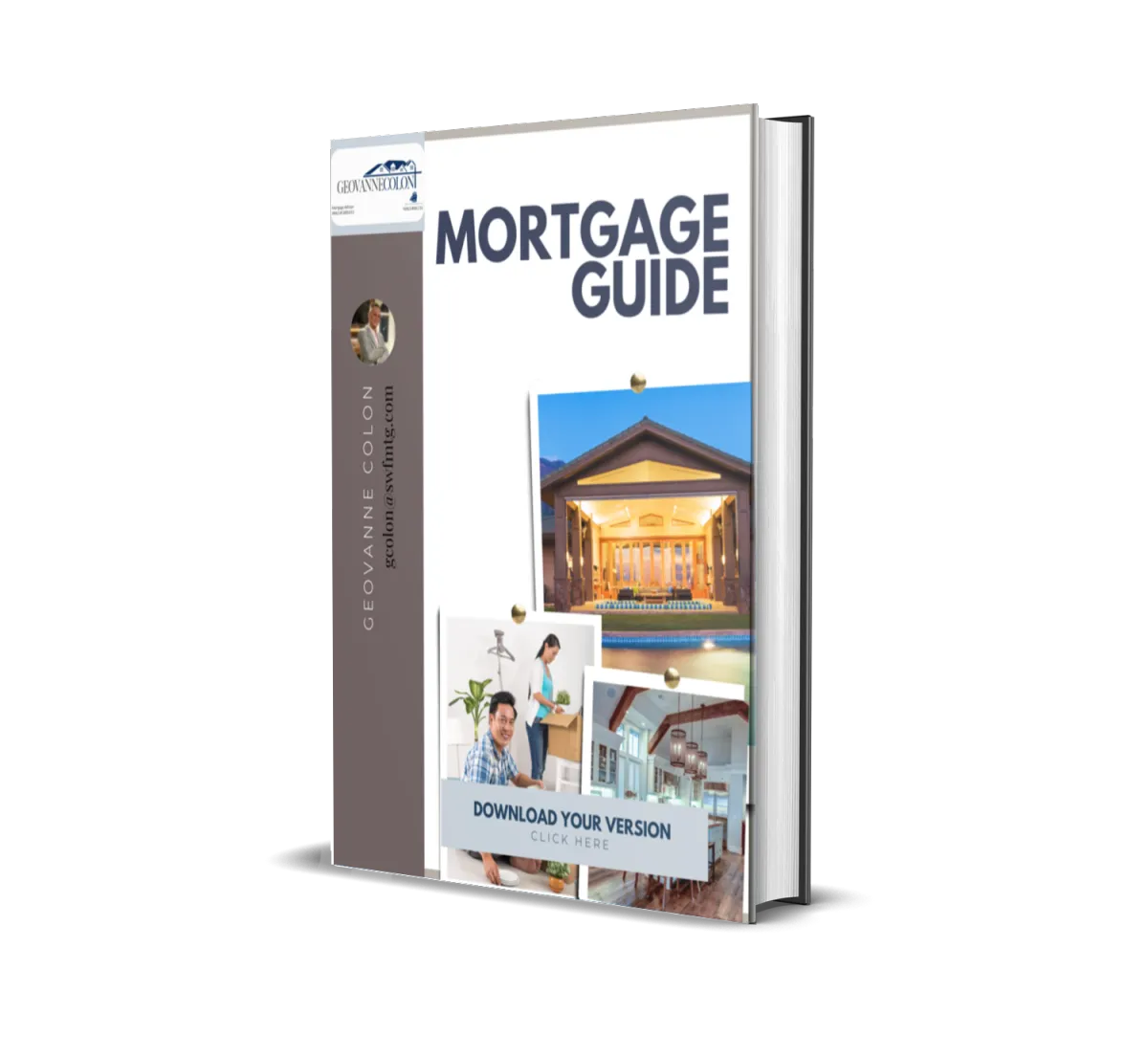
Other Resources You'll Find Helpful

Buyer's Guide for Real Estate Agent
(English)
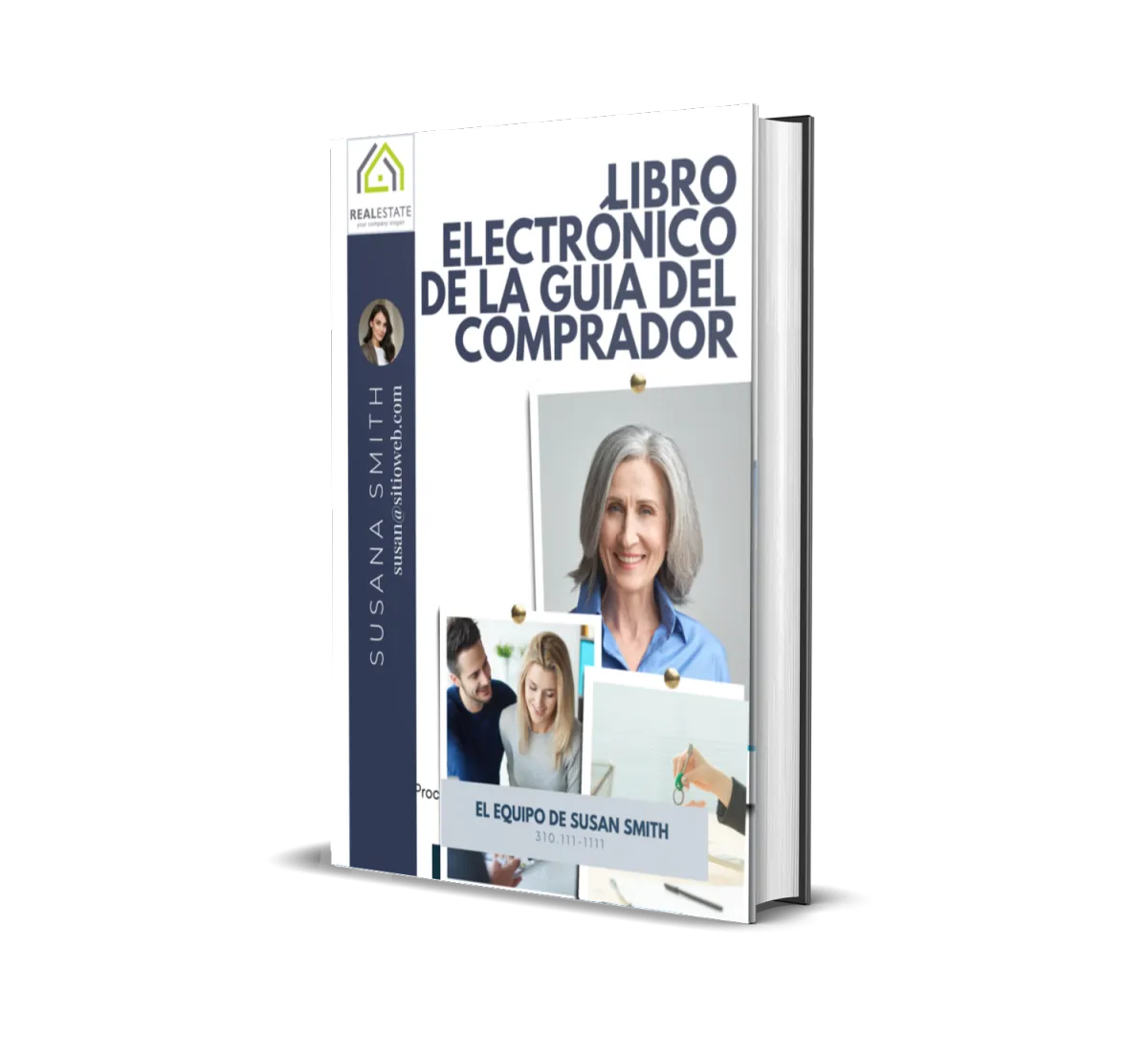
Buyer's Guide for Real Estate Agent
(Spanish)
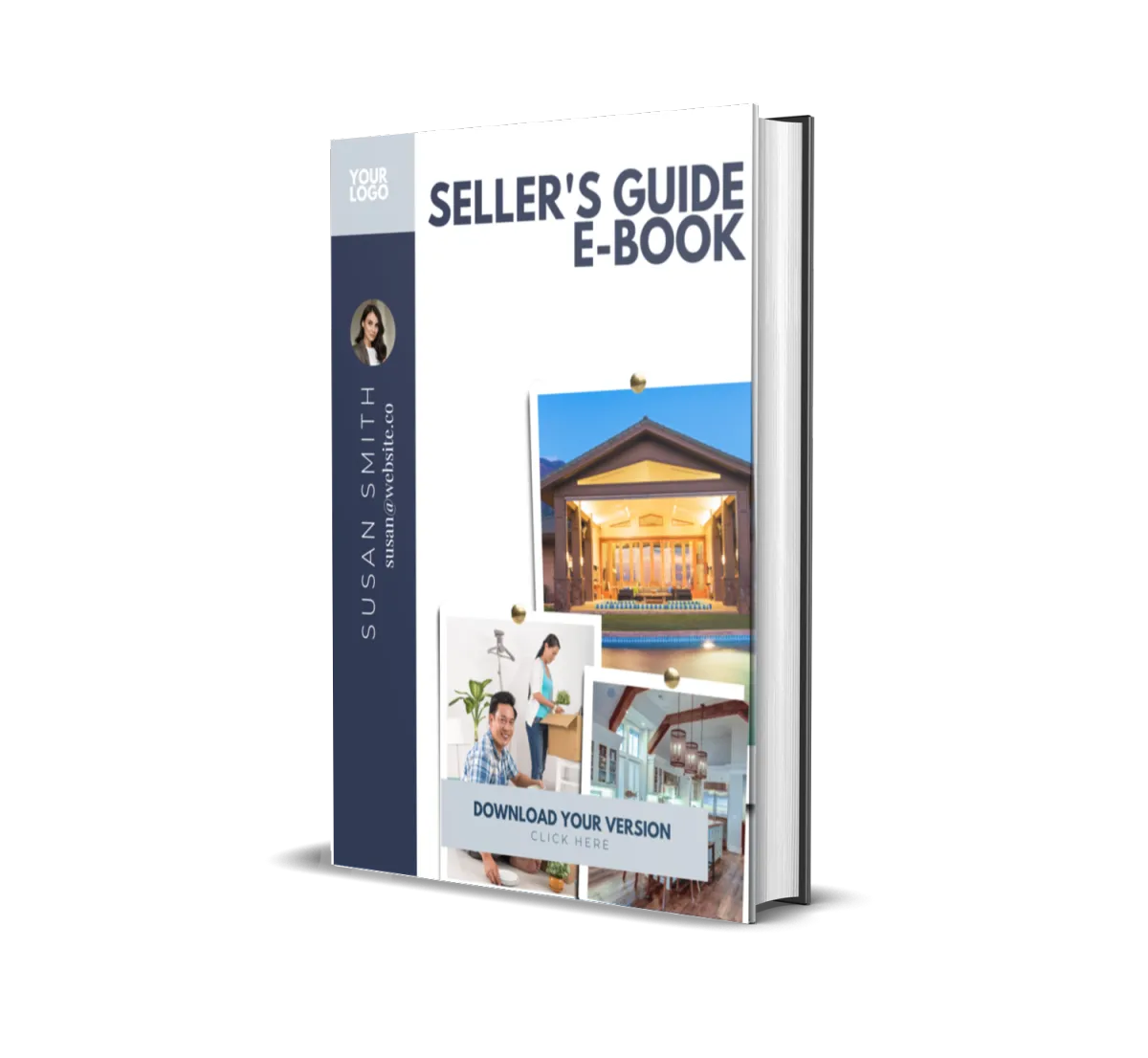
Seller's Guide for Real Estate Agent
(English)
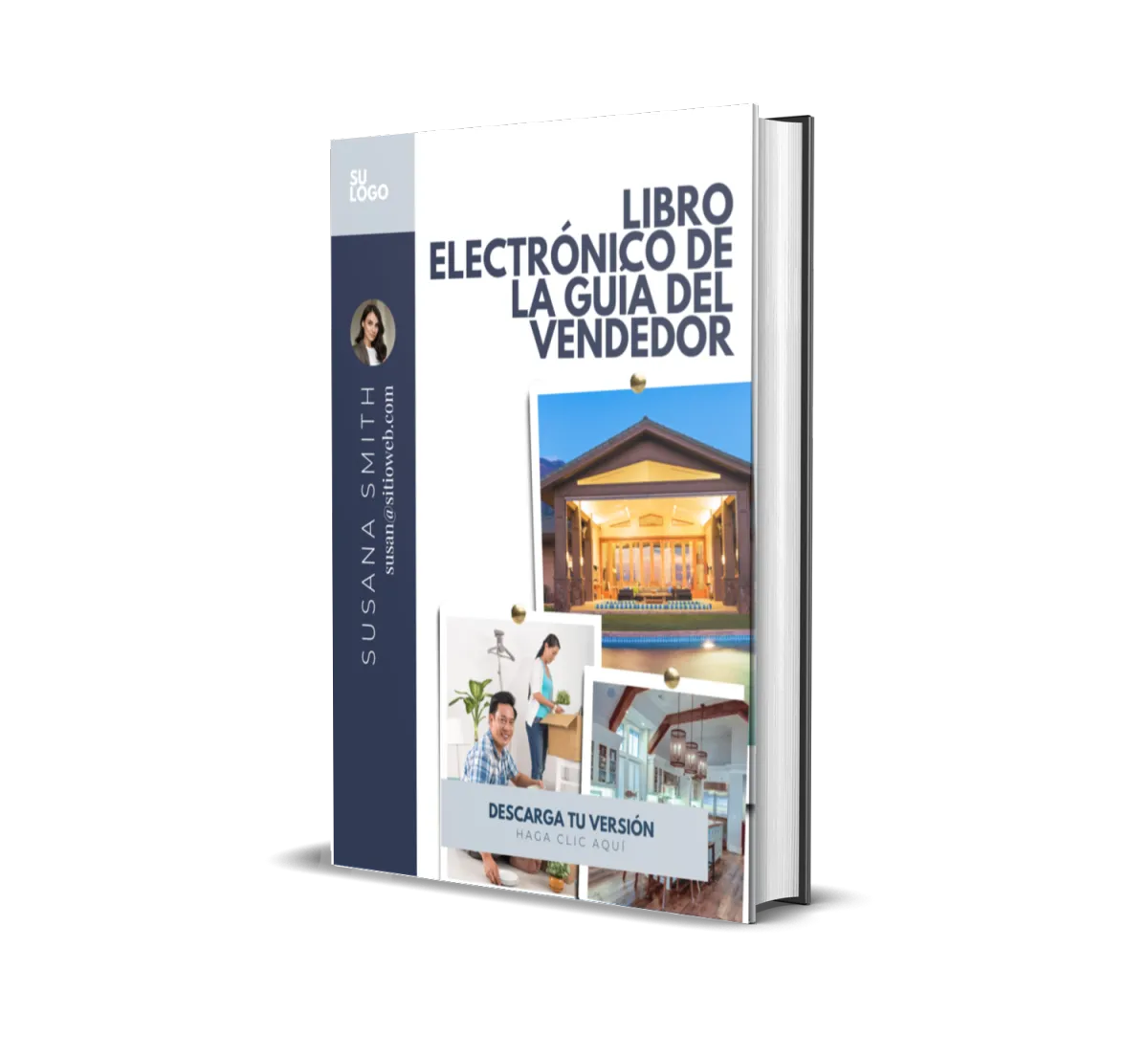
Seller's Guide for Real Estate Agent
(Spanish)
Calculate Your Mortgage Payment
Our Blogs

Self-Employed? Here's How to Get Approved for a Mortgage
🏠 Self-Employed? Here's How to Get Approved for a Mortgage
By South Wind Financial | Boston's Trusted Mortgage Broker
Being your own boss has plenty of perks—freedom, flexibility, and the power to grow your business on your own terms. But when it comes to qualifying for a mortgage, self-employed borrowers often hit more red tape than traditional W-2 earners.
Whether you’re a rideshare driver, contractor, consultant, realtor, or full-time entrepreneur, getting approved for a home loan is possible—with the right game plan and an experienced loan officer on your side.
Here’s what you need to know to go from self-employed to homeowner.
💼 Why Is It Harder for the Self-Employed to Get a Mortgage?
Lenders want to see reliable income and financial stability. For W-2 employees, that usually means pay stubs and job verification. But for self-employed individuals, income can vary month to month, and tax returns might not reflect what you actually earn—especially if you write off business expenses.
Here’s what lenders often consider:
Is your income consistent year over year?
Is your business seasonal or stable?
Do your tax returns show enough profit?
Are you managing debt responsibly?
📋 What Documents Will You Need as a Self-Employed Borrower?
To improve your chances of approval, have the following documents ready:
2 years of personal and business tax returns (with all schedules)
Year-to-date profit and loss (P&L) statement
Business license (if applicable)
3–6 months of personal and business bank statements
CPA letter verifying your self-employment
Documentation of additional income (e.g. investments, rental income)
✅ Tip: If your business is a sole proprietorship, personal and business income might be reviewed together. If you're an LLC or S Corp, lenders usually ask for separate business tax returns.
💳 How Your Tax Strategy Affects Mortgage Approval
Many self-employed borrowers maximize deductions to lower tax liability. While smart from an accounting standpoint, it can hurt you when applying for a mortgage.
💡 Why? Lenders look at net income—not gross. So if you earn $150,000 but deduct $100,000 in expenses, you’re only showing $50,000 in qualifying income.
👉 Solution: Talk with your loan officer before you file taxes to avoid writing off so much that it impacts your buying power.
🏡 Mortgage Loan Options for Self-Employed Borrowers
You’re not out of options—far from it. There are several home loan programs specifically designed with business owners and independent contractors in mind.
Here's a quick comparison of popular loan types:
Loan Type Best For Income Proof Down Payment Credit Score Needed Conventional Stable, 2+ years of returns 2 years of tax returns As low as 3% 620+ Bank Statement Variable or high write-off earners 12–24 months of bank statements 10–20% 660+ DSCR (Investors) Real estate investors Rental income only 20–25% 620–700+ Non-QM / Stated Complex income situations Alternative docs accepted 10–25% Varies FHA First-time or lower-income buyers Full tax documentation 3.5% 580+
🧑💼 Real Client Example: A Boston Freelancer Buys Her First Home
A recent client, a freelance UX designer based in Cambridge, had been turned down by her bank due to too many tax write-offs. Her credit was solid, her savings were strong—but her tax return didn't reflect her true income.
We reviewed 12 months of business bank statements and got her approved for a bank statement loan. She closed on a beautiful South End condo within 45 days—no tax returns required. All it took was working with a lender who understands the self-employed mindset.
💡 Pro Tips to Boost Your Approval Odds
Work with a loan officer who specializes in self-employed borrowers
At LoansWithGeo.com, we know how to match non-traditional earners with the right lender and loan program.Keep business and personal finances separate
Clean financial records speed up underwriting and improve your approval odds.Pay down your debt
A lower debt-to-income ratio (DTI) = more borrowing power.Boost your credit score
Even 20–30 point improvements can open better interest rates and loan options.Be ready to explain income fluctuations
A short letter of explanation can go a long way if you had a down year or a late start.
❓ Frequently Asked Questions (FAQs)
Q: Can I qualify with only one year of self-employment?
A: Yes, but it's lender-specific. If you were previously in the same field and show strong cash flow, some lenders will approve with just one year of tax returns or bank statements.
Q: Do I need a business license?
A: Not always. Freelancers and sole proprietors may not need one. However, having a license or proof of long-term contracts can strengthen your file.
Q: Will my write-offs hurt my loan approval?
A: They can. That's why it’s best to review your tax strategy with your loan officer before filing, especially if you plan to buy soon.
Q: Can I use income from multiple businesses?
A: Yes, as long as you can document consistent income from each. Clean bookkeeping is key.
🧮 Not Sure Where You Stand? Let’s Run the Numbers.
Whether you’re self-employed full-time or run a profitable side hustle, South Wind Financial is here to help you qualify for the home you deserve.
📱 Call or Text: 617-821-1757
📧 Email: [email protected]
🌐 Apply Online: https://loanswithgeo.com
🏆 Serving self-employed borrowers across MA, RI, FL, NH, CT, TX and nationwide.

Self-Employed? Here's How to Get Approved for a Mortgage
🏠 Self-Employed? Here's How to Get Approved for a Mortgage
By South Wind Financial | Boston's Trusted Mortgage Broker
Being your own boss has plenty of perks—freedom, flexibility, and the power to grow your business on your own terms. But when it comes to qualifying for a mortgage, self-employed borrowers often hit more red tape than traditional W-2 earners.
Whether you’re a rideshare driver, contractor, consultant, realtor, or full-time entrepreneur, getting approved for a home loan is possible—with the right game plan and an experienced loan officer on your side.
Here’s what you need to know to go from self-employed to homeowner.
💼 Why Is It Harder for the Self-Employed to Get a Mortgage?
Lenders want to see reliable income and financial stability. For W-2 employees, that usually means pay stubs and job verification. But for self-employed individuals, income can vary month to month, and tax returns might not reflect what you actually earn—especially if you write off business expenses.
Here’s what lenders often consider:
Is your income consistent year over year?
Is your business seasonal or stable?
Do your tax returns show enough profit?
Are you managing debt responsibly?
📋 What Documents Will You Need as a Self-Employed Borrower?
To improve your chances of approval, have the following documents ready:
2 years of personal and business tax returns (with all schedules)
Year-to-date profit and loss (P&L) statement
Business license (if applicable)
3–6 months of personal and business bank statements
CPA letter verifying your self-employment
Documentation of additional income (e.g. investments, rental income)
✅ Tip: If your business is a sole proprietorship, personal and business income might be reviewed together. If you're an LLC or S Corp, lenders usually ask for separate business tax returns.
💳 How Your Tax Strategy Affects Mortgage Approval
Many self-employed borrowers maximize deductions to lower tax liability. While smart from an accounting standpoint, it can hurt you when applying for a mortgage.
💡 Why? Lenders look at net income—not gross. So if you earn $150,000 but deduct $100,000 in expenses, you’re only showing $50,000 in qualifying income.
👉 Solution: Talk with your loan officer before you file taxes to avoid writing off so much that it impacts your buying power.
🏡 Mortgage Loan Options for Self-Employed Borrowers
You’re not out of options—far from it. There are several home loan programs specifically designed with business owners and independent contractors in mind.
Here's a quick comparison of popular loan types:
Loan Type Best For Income Proof Down Payment Credit Score Needed Conventional Stable, 2+ years of returns 2 years of tax returns As low as 3% 620+ Bank Statement Variable or high write-off earners 12–24 months of bank statements 10–20% 660+ DSCR (Investors) Real estate investors Rental income only 20–25% 620–700+ Non-QM / Stated Complex income situations Alternative docs accepted 10–25% Varies FHA First-time or lower-income buyers Full tax documentation 3.5% 580+
🧑💼 Real Client Example: A Boston Freelancer Buys Her First Home
A recent client, a freelance UX designer based in Cambridge, had been turned down by her bank due to too many tax write-offs. Her credit was solid, her savings were strong—but her tax return didn't reflect her true income.
We reviewed 12 months of business bank statements and got her approved for a bank statement loan. She closed on a beautiful South End condo within 45 days—no tax returns required. All it took was working with a lender who understands the self-employed mindset.
💡 Pro Tips to Boost Your Approval Odds
Work with a loan officer who specializes in self-employed borrowers
At LoansWithGeo.com, we know how to match non-traditional earners with the right lender and loan program.Keep business and personal finances separate
Clean financial records speed up underwriting and improve your approval odds.Pay down your debt
A lower debt-to-income ratio (DTI) = more borrowing power.Boost your credit score
Even 20–30 point improvements can open better interest rates and loan options.Be ready to explain income fluctuations
A short letter of explanation can go a long way if you had a down year or a late start.
❓ Frequently Asked Questions (FAQs)
Q: Can I qualify with only one year of self-employment?
A: Yes, but it's lender-specific. If you were previously in the same field and show strong cash flow, some lenders will approve with just one year of tax returns or bank statements.
Q: Do I need a business license?
A: Not always. Freelancers and sole proprietors may not need one. However, having a license or proof of long-term contracts can strengthen your file.
Q: Will my write-offs hurt my loan approval?
A: They can. That's why it’s best to review your tax strategy with your loan officer before filing, especially if you plan to buy soon.
Q: Can I use income from multiple businesses?
A: Yes, as long as you can document consistent income from each. Clean bookkeeping is key.
🧮 Not Sure Where You Stand? Let’s Run the Numbers.
Whether you’re self-employed full-time or run a profitable side hustle, South Wind Financial is here to help you qualify for the home you deserve.
📱 Call or Text: 617-821-1757
📧 Email: [email protected]
🌐 Apply Online: https://loanswithgeo.com
🏆 Serving self-employed borrowers across MA, RI, FL, NH, CT, TX and nationwide.

